Describe the Multiplier Effect in Your Own Words
This is because an injection of extra income leads to more spending which creates more income and so on. If the multiplier is 10.
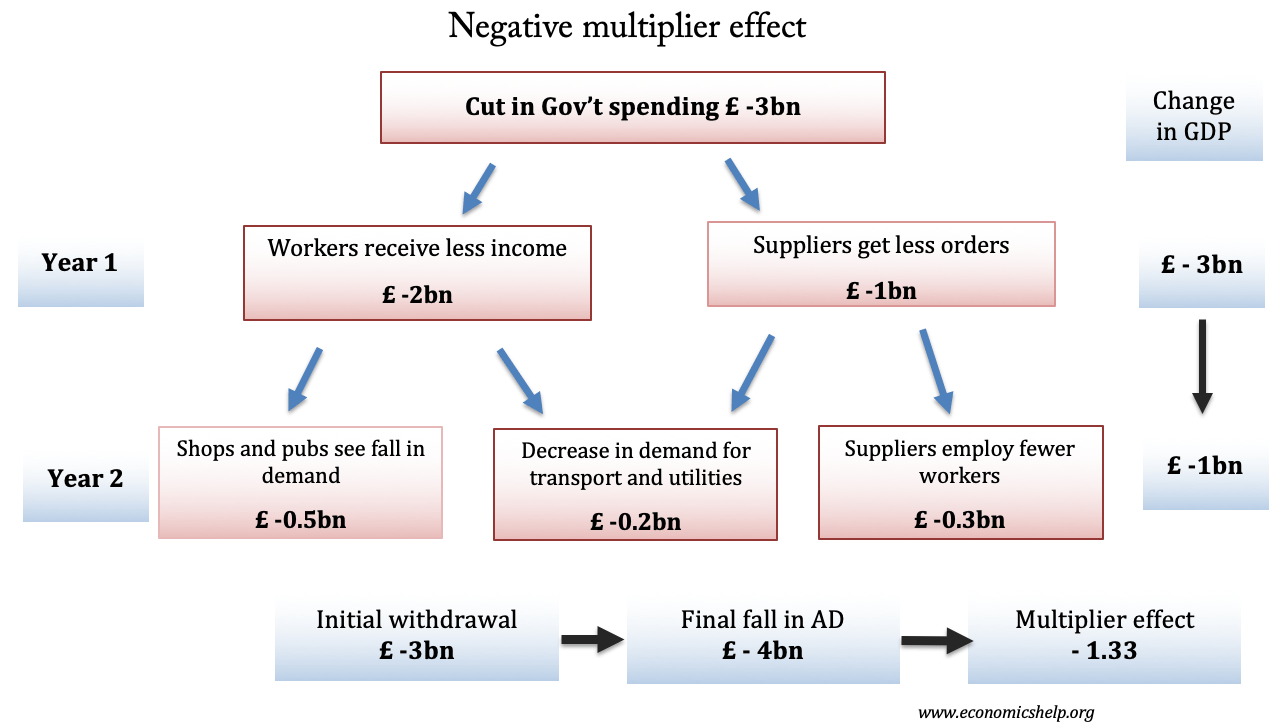
Negative Multiplier Effect Economics Help
A multiplier or the multiplier effect is the factor by which the return resulting from an expenditure is greater than the expenditure itself or the way in which a change in spending leads to an even bigger change in income.

. The term is generally used in reference to how much a certain amount of expenditure increases total national income or GDP gross. The multiplier effect tends to magnify small changes in spending into much larger changes in real Gross Domestic Product GDP. Final change in real GDP Initial change in AD.
Every time there is an injection of new demand into the circular flow of income there is likely to be a multiplier effect. This injection of demand might come for example from a rise in exports investment or government spending. A multiplier refers to an economic factor that when applied amplifies the effect of some other outcome.
Definition of Multiplier Effect The expansion of a countrys money supply that results from banks being able to lend. For example tourism in an area will create jobs in an area therefore the employees of the tourism industry will have some extra money to spend on other services and therefore improving these other services in that area allowing. It is a simple economic model describing a circulation of income between producers firms and consumers households.
The size of the multiplier effect depends on the percentage of deposits that banks are required to hold as reserves. Figure B11 shows the example we have been discussing. In other words bank deposits can increase the money supply when they are lent to consumers and institutions.
The Multiplier Effect is the influence that banks have on the countrys money supply when they are able to lend to consumers and businesses. The Multiplier Effect. Experts are tested by Chegg as specialists in their subject area.
The multiplier effect is the idea that for every dollar that the government spends more than one dollar in economic activity is created. The multiplier coefficient itself is found by. The multiplier makes the economy less sensitive to changes in autonomous expenditure.
Multipliers are leaders who look beyond their own genius and focus their energy on extracting and extending the genius of others says Elise. The Multiplier Effect Research. The multiplier effect occurs when an initial injection into the circular flow causes a bigger final increase in real national income.
The term multiplier effect refers to the resulting effect of a service or amenity creating further wealth or positive effects in an area. It can bring wide-reaching benefits to people involved directly and indirectly with the tourism industry. We review their content and use your feedback to keep the quality high.
Describe and or explain the multiplier effect. A multiplier value of 2x would therefore have the result of doubling some effect. It consists of direct inner flow between firms and households and outer flow.
The larger the MPC the smaller the multiplier. Money that is earned flows from one person to another and most of it gets spent. 5 marks 9 With the aid of appropriate illustrations and in your own words briefly describe two 2 types of multiplier effects that are used in audio programming.
The effect of a relatively minor factor in precipitating a great change especially. The multiplier effect is a concept in economics that describes how an injection into an economy such as an increase in government spending creates a ripple effect which increases employment and the output of goods and services in the economy. The multiplier effect is also visible on the Keynesian cross diagram.
Describe how the quantization is performed in the product. In the economy there is a circular flow of income and spending. A recessionary gap with an equilibrium of 700 potential GDP of 800 the slope of the aggregate expenditure function AE 0 determined by the assumptions that taxes are 30 of income savings are 01 of after-tax income and imports are 01 of before.
According to Haggett 2001 p789 Multiplier effect is a term used in systems thinking to describe the process by which changes in one field of human activity subsystem sometimes act to promote changes in other fields subsystems and in turn act on the original subsystem itself. The multiplier is the ratio of the change in spending to the change in GDP. The effect of a relatively small change in one economic factor such as rate of saving or level of consumer credit in inducing a disproportionate increase or decrease in another such as gross national product.
Multipliers get more done by leveraging using more of the intelligence and capabilities of the people around them. This is largely fuelled by the growth in the tourism industry and associated industries that grow as a result of tourism. The tourism multiplier effect occurs when the economic benefits of tourism are multiplied.
Summarise the ways that fiscal policy has affected our country since world war II. Describe the multiplier effect in your own words. Who are the experts.
These are not feel good leaders. In your own words explain and or describe the differences between monitory economic policies and fiscal economic. The multiplier effect.
Definition of multiplier effect. To fully explain the multiplier effect we need first to define the Injections and Withdrawals preferably through the model of Circular flow of income.
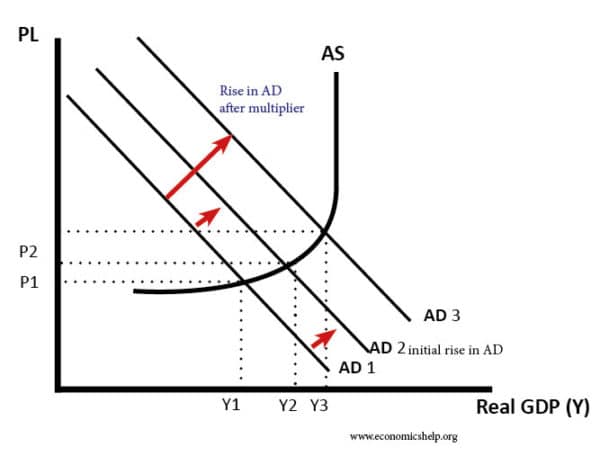
The Multiplier Effect Economics Help
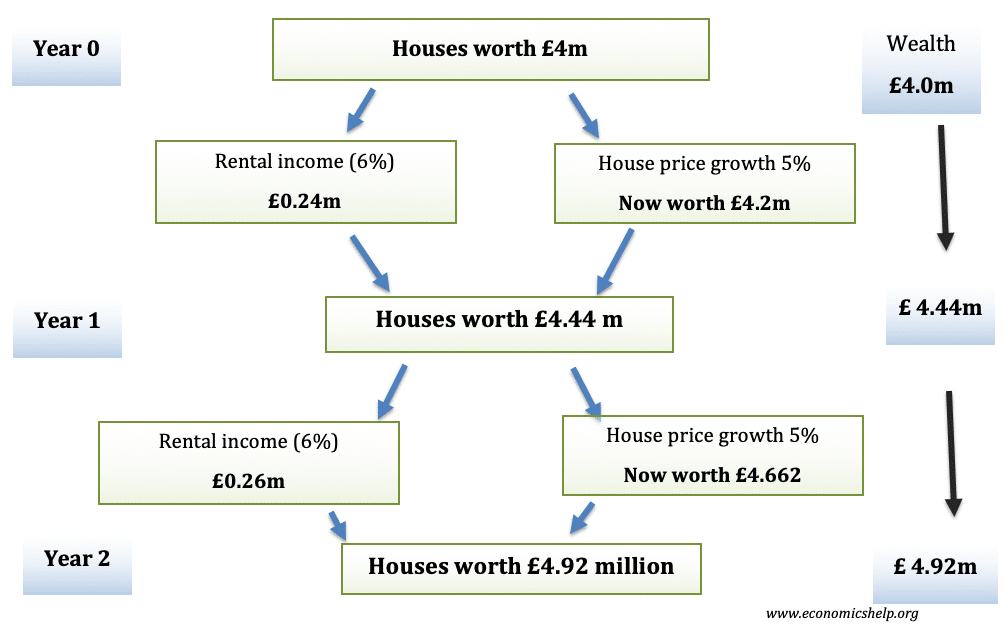
Wealth Multiplier Effect Economics Help

Tourism Multiplier Effect A Simple Explanation Tourism Teacher
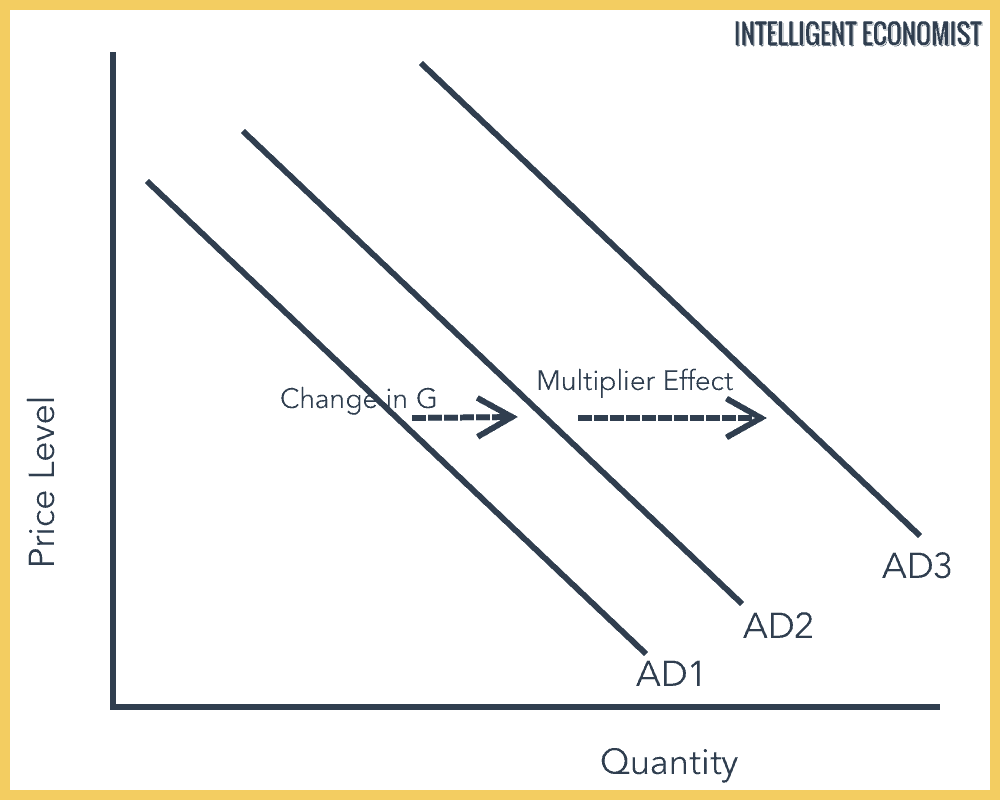
The Multiplier Effect Intelligent Economist

The Multiplier Effect In Economics Definition Formula Example Video Lesson Transcript Study Com

The Multiplier Effect Economics Help

The Multiplier Effect Definition Example And Formula Boycewire

Tourism And The Economy The Multiplier Effect How Are Tourism And The Economy Related Ppt Download
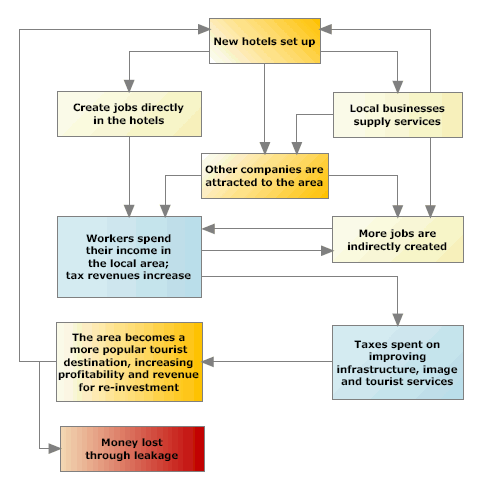
No comments for "Describe the Multiplier Effect in Your Own Words"
Post a Comment